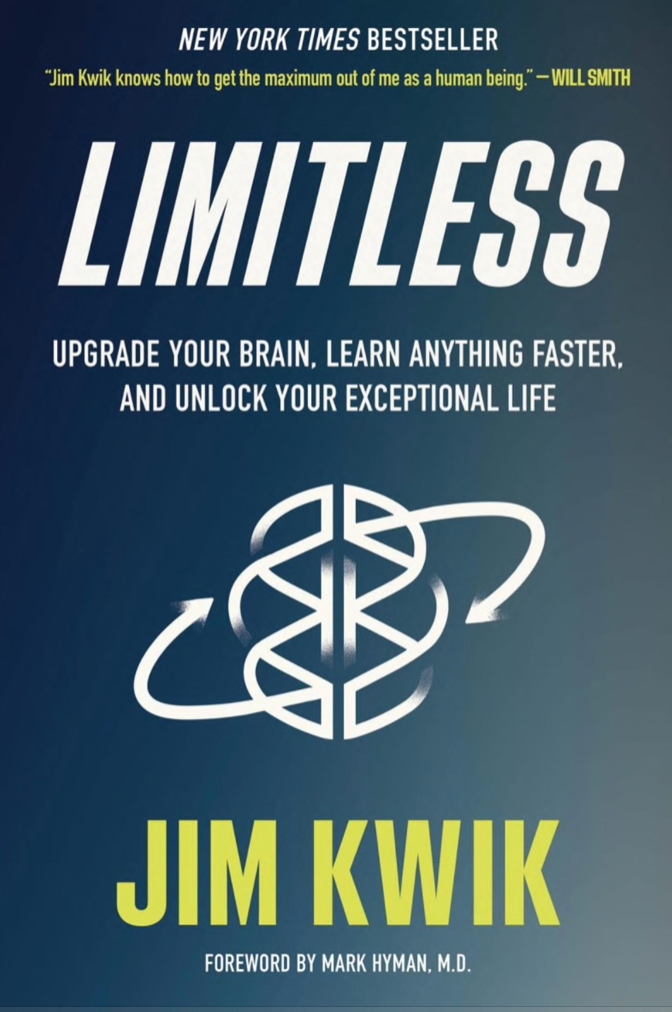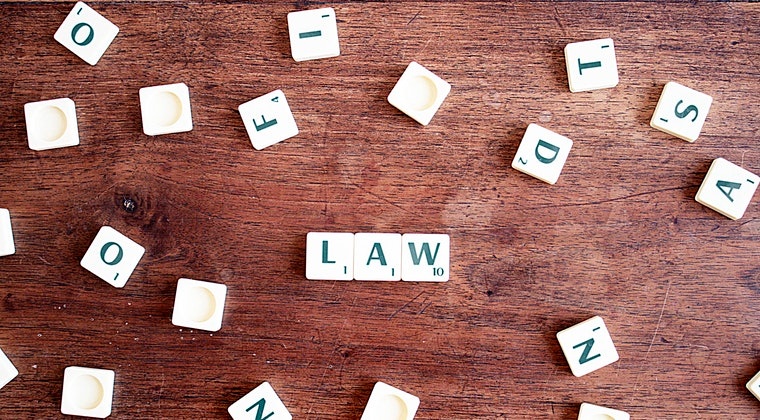
Book cover image used for the purpose of review/ promotion.
We’ve covered off online study tips before here and here but we are always on the hunt for more and we’ve unearthed some golden ones from one of our Education Advisors Fiona who has recently read Jim Kwiks’ book ‘Limitless’. So, before we get into it – who is Jim Kwik? He’s a world-renowned speaker, author and educator who teaches people to improve their memory and make the most of their brain function. You can read more about Jim here.
It’s easy to jump headfirst into your study to knock over as much as you can in as little time possible. Many of us have study goals yet we are time poor and apply the same approach that we would apply to the way that we work and play, which in today’s world is increasingly geared towards instant gratification.
Tip 1 – Don’t try to remember everything at once – space it out.
This technique ensures that you are working with your brain and how it is designed. It makes the way you are learning more like physical activity for example when you are strengthening your legs or arms by doing squats or push-ups. By spacing your learning, you are allowing the brain time to strengthen the connections it creates to remember information. Doing this at a consistent time will help amplify your results – i.e doing at the same time each day for 3-4 days then move on to the next topic.
Tip 2: Don’t concentrate on one topic for hours on end.
Focusing on one subject for hours on end decreases your ability to retain information. Primacy and recency have a big effect on what you remember (what you read first = primacy and what you read last = recency so everything in between gets lost).
Read/study for 25-minute chunks and have a 5-minute break – get up and walk around, have a drink, whatever helps you reset.
Tip 3: Use active recall
After you have done your 25 minutes ask yourself “What do you remember?”, jot it down or say it out loud. This is better than typing on a computer – the brain remembers more of what you write than what you type. Repeat if needed. Learning studies have shown it is very important to be able to recall information you are trying to remember/memorise.
Tip 4: The how and where matter – set up your study space
How and where you sit when studying will have a big impact – sounds small but it’s big. Your posture also has a major impact, ensure you have a comfortable and ergonomic study set-up. It helps you breathe better, and it changes your brain state.
Sense of smell and types of music can also influence on how receptive the brain is which will impact your learning.
Tip 5: Note taking – using Think -Identify -Prioritise -TIP!
Note taking can compress all that you are soaking into your brain with your study into concise, bite-size memory aids. If you’re using highlighters (physical pens or digital text highlights)- don’t end up with a neon-coloured page. This means you haven’t identified the key points. Jim Kwik, world renowned memory expert, talks about his ‘TIP’ method for note-taking:
- T is for Think (think about what you are hoping to remember so you can target in on key information).
- I is for Identify – think about what you need most from the information so you don’t ‘highlight everything”.
- P is for Prioritise – when you review your notes do you need to make anything clearer, add additional notes and make sure you have the high-value points.
Jim also covers another 3 simple hacks to remember everything you read here – https://www.youtube.com/watch?v=BTip4HCO2Lk
He also has a podcast you can check out here – https://www.jimkwik.com/podcast and his Twitter feed is full of handy tips, positivity, and motivational quotes – @jimkwik
Over to you to apply these tips. Do you have a specific study tip you can share?
Let us know in the comments below.





